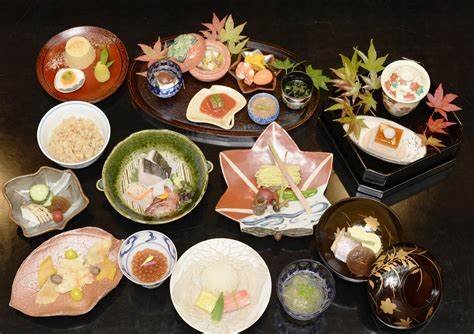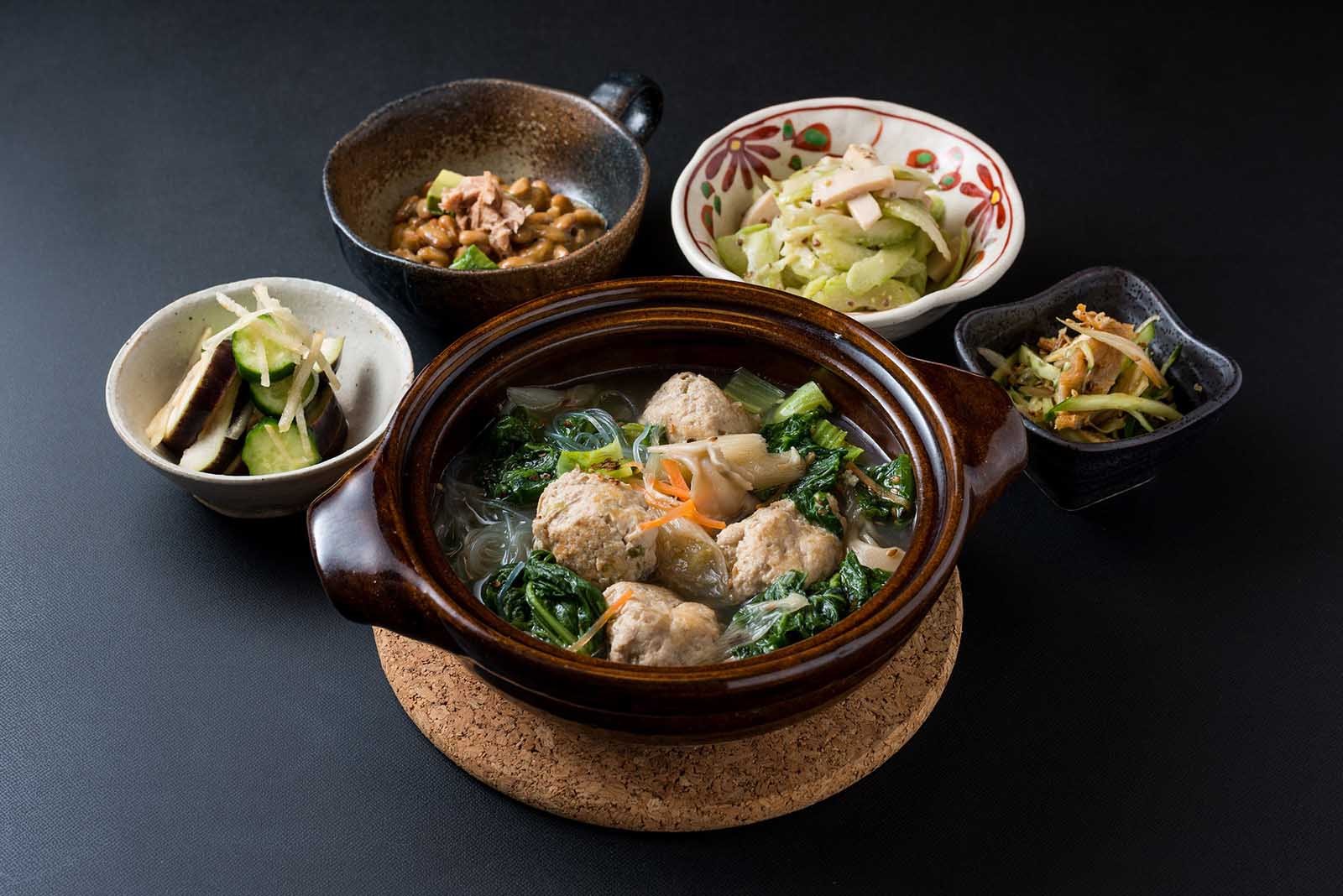The Significance of Japanese Cuisine in Cultural Identity
- By -Maria Mash
- Posted on
- Posted in Culture
Japanese cuisine holds a special place in Japan’s cultural identity. It goes beyond just food; it reflects history, traditions, and values. Each dish tells a story of the country’s connection to nature, community, and the seasons. Understanding the significance of Japanese cuisine helps you appreciate its role in shaping Japan’s cultural identity.
1. A Deep Connection to Nature
Japanese cuisine emphasizes a strong connection to nature. Many traditional dishes use fresh, seasonal ingredients that reflect the natural cycle. For example, cherry blossoms in spring influence not just decorations but also flavors in sweets. In autumn, dishes feature ingredients like mushrooms and chestnuts, celebrating the harvest season. This deep respect for nature highlights the Japanese value of harmony with the environment.

2. The Art of Presentation
In Japanese cuisine, presentation plays a vital role. Chefs carefully arrange food to create a sense of balance and beauty. They often use natural elements like leaves and flowers to decorate the dishes. This attention to detail reflects the Japanese aesthetic of “wabi-sabi,” which finds beauty in simplicity and imperfection. The artful presentation not only pleases the eye but also honors the ingredients.
3. Emphasis on Community and Sharing
Food in Japan often brings people together. Traditional meals, like “kaiseki” or “izakaya” dining, encourage sharing and community. These meals include multiple small dishes that everyone can taste. Sharing food fosters connections and creates a sense of belonging. Festivals, family gatherings, and ceremonies often center around food, strengthening social bonds.
4. The Influence of Tradition
Many Japanese dishes carry centuries-old traditions. Sushi, for example, began as a way to preserve fish with fermented rice. Over time, it evolved into a beloved dish with countless variations. Tea ceremonies, which feature traditional sweets and matcha, represent Japanese hospitality and mindfulness. These traditions keep cultural heritage alive, passing it down through generations.
5. Reflecting Regional Diversity
Japanese cuisine showcases regional diversity, with each area offering unique flavors and dishes. The seafood-rich diet of coastal regions contrasts with the hearty mountain cuisine of inland areas. Okinawa’s food reflects influences from China and Southeast Asia, showing the island’s historical connections. By exploring regional dishes, you can experience the diverse cultural landscape of Japan.
6. Respect for Ingredients
Respect for ingredients lies at the heart of Japanese cooking. Chefs strive to highlight the natural flavors of each component. Techniques like grilling, steaming, and raw preparations showcase the quality of the ingredients without overpowering them. This respect mirrors the broader cultural value of appreciating what nature provides and using it thoughtfully.
7. Adaptation and Innovation
While deeply rooted in tradition, Japanese cuisine also embraces adaptation and innovation. Dishes like “ramen” and “tempura” originally came from China and Portugal but became distinctly Japanese over time. Modern chefs continue to blend traditional techniques with global influences, creating a dynamic and evolving food culture. This adaptability reflects Japan’s ability to honor its past while embracing the future.
8. A Symbol of National Pride
Japanese cuisine has gained global recognition, from sushi bars in New York to ramen shops in Paris. The spread of Japanese food worldwide brings a sense of national pride. It represents Japan’s cultural heritage and showcases its culinary excellence. As more people enjoy Japanese cuisine, it strengthens the global understanding of Japan’s cultural identity.
Final Thoughts
Japanese cuisine offers more than delicious flavors; it serves as a window into Japan’s cultural identity. Through its connection to nature, emphasis on community, and respect for tradition, Japanese food tells the story of a nation. Whether enjoying a simple bowl of miso soup or a multi-course “kaiseki” meal, you experience the heart of Japanese culture. By appreciating the significance of Japanese cuisine, you gain a deeper understanding of what makes Japan unique. Embrace the flavors, the traditions, and the stories that make Japanese food an essential part of its cultural identity.
4o



